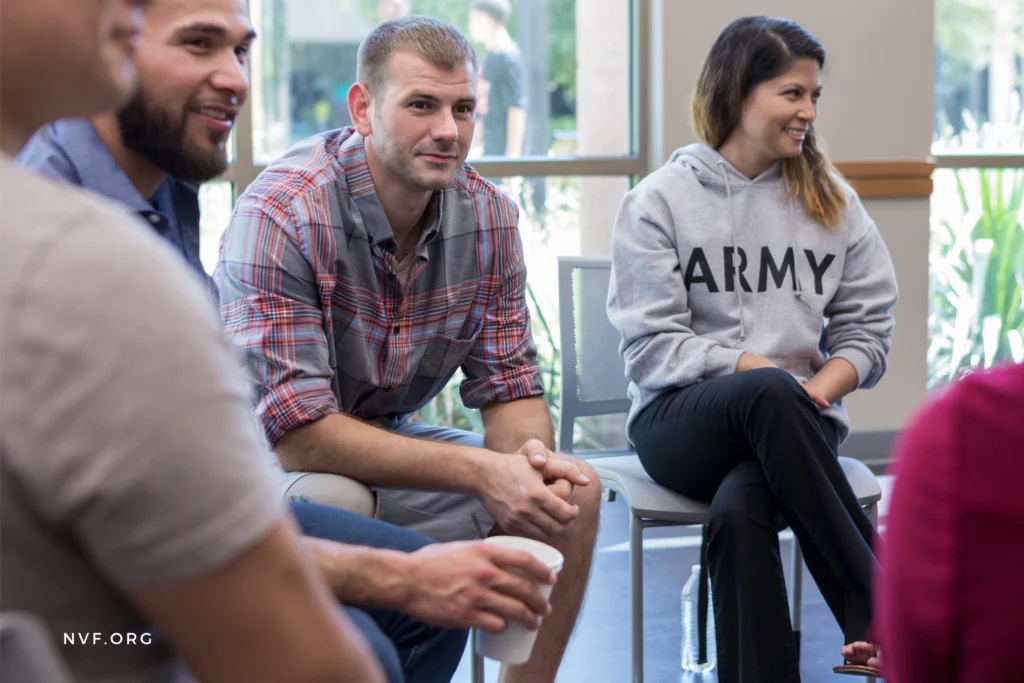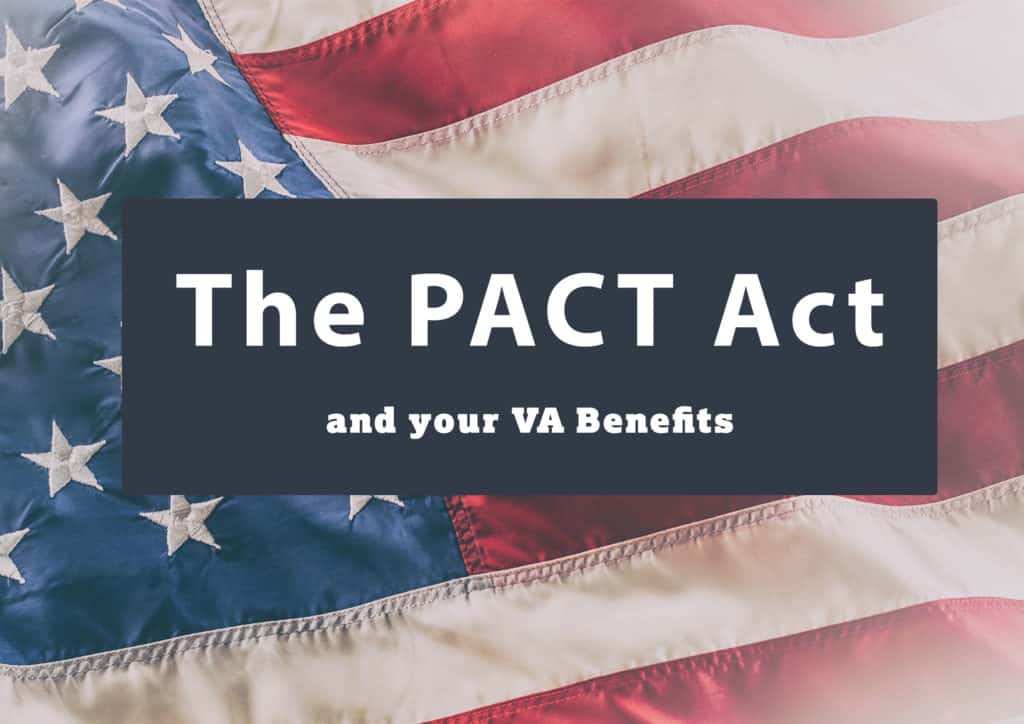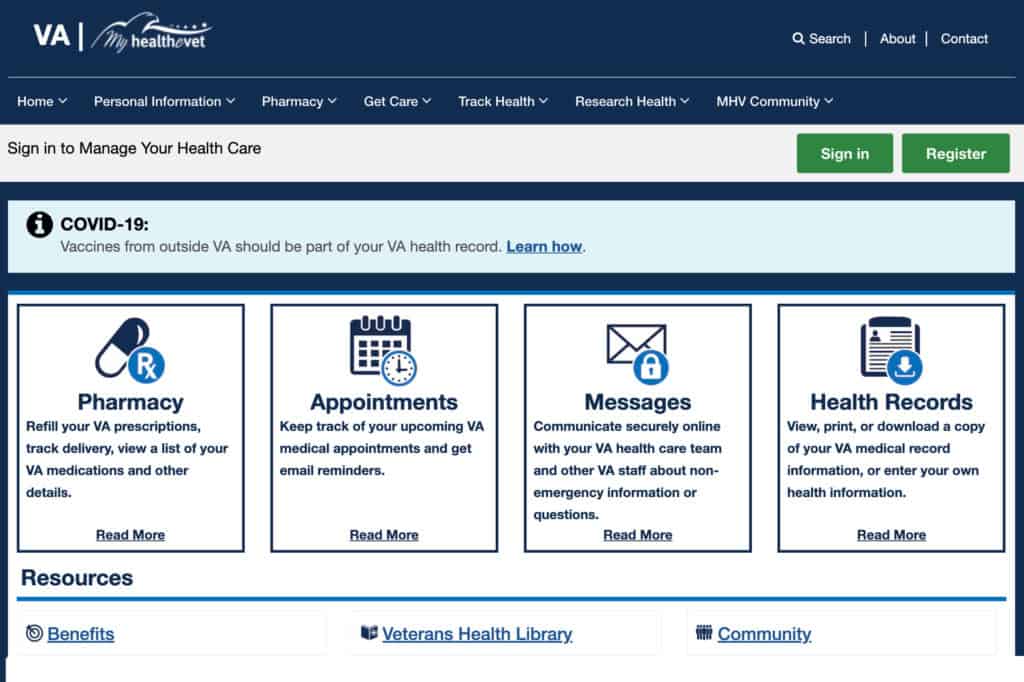VA Whole Health: Transforming the Way Veterans Receive Care
The VA Whole Health Program is a comprehensive healthcare approach for Veterans. It focuses on their unique needs and well-being. The program offers a personalized and patient-centered experience, empowering Veterans to take charge of their health.
Importance of the VA Whole Health Program for the Veterans Community
Caring for our Veterans is a top priority. The VA Whole Health Program is vital because it addresses the physical, mental, and emotional aspects of their health.
This holistic approach ensures that Veterans receive the support they need to thrive and enjoy a better quality of life.
Evolution of VA Healthcare
Traditional Disease Management Approach
In the past, VA Healthcare focused on treating specific illnesses or injuries. The approach was more reactive, providing care only after health issues arose. Patients had limited involvement in care decisions.
The key aspects of the traditional approach were:
- Disease treatment focus
- Reactive care
- Limited patient involvement
Shift to the Holistic, Patient-Centered VA Whole Health Approach
The VA Whole Health approach signifies a significant shift in how Veterans receive healthcare. This new approach focuses on overall well-being, not just treating diseases.
It emphasizes proactive care, tailoring personalized care to each Veteran’s unique needs. It encourages greater involvement of Veterans in their care decisions.
The key aspects of the VA Whole Health approach are:
- Overall well-being focus
- Proactive care and prevention strategies
- Personalized care tailored to each Veteran’s needs
- Greater involvement of Veterans in their care decisions
- Integration of physical, mental, and emotional health services
- Support for Veterans’ life goals and priorities
By integrating these components, the VA Whole Health approach fosters an improved quality of life for those who have served our country.

Components of the VA Whole Health Program
Whole Health System
The Whole Health System is the foundation of the VA Whole Health Program. It focuses on creating a personalized care plan for each Veteran, taking into account their unique needs, preferences, and goals.
The key aspects of the Whole Health System are:
- Comprehensive care: Addressing physical, mental, and emotional health
- Patient-centered approach: Empowering Veterans to actively participate in their healthcare
- Collaborative care teams: Working together to create and implement customized care plans
Personal Health Inventory
The Personal Health Inventory is a tool used to assess a Veteran’s current health status and set personalized goals. It involves a series of questions that cover various aspects of a Veteran’s life, including:
- Physical health: Exercise, diet, and sleep habits
- Emotional well-being: Stress management and social connections
- Personal and professional goals: Aligning healthcare plans with life aspirations
- Strengths and challenges: Identifying areas where support is needed
Circle of Health
The Circle of Health is a visual representation of the various components of a Veteran’s well-being. It helps Veterans and their care teams to:
- Understand the interconnectedness of health aspects
- Identify areas requiring attention or improvement
- Develop a personalized care plan that addresses all dimensions of well-being
The Circle of Health includes components such as:
- Mindful awareness
- Beliefs and values
- Social connections
- Nutrition and physical activity
- Personal development and life goals
By integrating these components, the VA Whole Health Program ensures a comprehensive and personalized approach to healthcare for Veterans.
Personalized Care Through VA Whole Health
Addressing the Unique Needs of Each Veteran
The VA Whole Health Program recognizes that each Veteran has unique needs, preferences, and goals when it comes to their health and well-being.
By taking a personalized approach, the program ensures that the care provided is specifically tailored to meet those needs. This involves conducting a thorough assessment of all of these things.
- Physical health
- Mental health
- Emotional health
- Beliefs
- Values
- Personal aspirations
Longer-term care plans are developed based on this comprehensive understanding, fostering a deeper connection between Veterans and their healthcare providers.
This level of customization enables a more meaningful and effective healthcare experience for Veterans. This contributes to their overall well-being and quality of life.
Personalized, Proactive, and Patient-Driven Healthcare Services
The VA Whole Health approach emphasizes the importance of personalized, proactive, and patient-driven healthcare services. This means that instead of merely reacting to health issues as they arise, the program actively focuses on prevention and well-being.
It encourages Veterans to take charge of their health, empowering them to make informed decisions about their care.
By providing personalized care plans, the program ensures that healthcare services are specifically tailored to meet the unique needs of each Veteran. This includes not only addressing existing health issues but also identifying potential risks and implementing strategies to prevent future problems.
Furthermore, by involving Veterans in the decision-making process, the VA Whole Health approach fosters a sense of ownership and responsibility for their health, ultimately leading to better health outcomes and improved quality of life.
VA Whole Health’s Impact on Mental Health
Role in Addressing Mental Health Issues
The VA Whole Health Program plays a crucial role in addressing the mental health issues faced by many Veterans. As a holistic approach to healthcare, it acknowledges the significant impact of mental health on overall well-being and quality of life.
The program takes several steps to ensure that mental health concerns are properly addressed, including:
- Comprehensive mental health assessments: Identifying mental health issues and their severity as part of the Personal Health Inventory process.
- Integration of mental health services: Ensuring seamless coordination between physical and mental health care providers, creating a cohesive care plan for each Veteran.
- Access to specialized mental health professionals: Providing access to experts trained in addressing the unique mental health challenges faced by Veterans.
- Mental health education and awareness: Empowering Veterans with knowledge and tools to manage and improve their mental health.
- Support groups and peer-to-peer programs: Encouraging Veterans to share experiences, offer support, and foster connections with others facing similar mental health challenges.
Support for Veterans with PTSD, Depression, and Anxiety
The VA Whole Health Program offers comprehensive support for Veterans dealing with PTSD, depression, and anxiety.
These mental health conditions, which are common among Veterans, can severely impact their daily lives and overall well-being.
The program provides a range of resources and services designed to address these challenges, including:
- Evidence-based therapies: Offering therapeutic approaches proven to be effective in treating PTSD, depression, and anxiety, such as cognitive-behavioral therapy, prolonged exposure therapy, and eye movement desensitization and reprocessing (EMDR).
- Medication management: Collaborating with healthcare providers to determine appropriate medication options and closely monitor their effectiveness and side effects.
- Self-care techniques and stress management: Equipping Veterans with skills and strategies to cope with stress, anxiety, and depressive symptoms in their daily lives.
- Alternative therapies: Exploring complementary and alternative therapies, such as mindfulness, meditation, yoga, and acupuncture, to support mental health and well-being.
- Family support and education: Assisting families of Veterans in understanding and supporting their loved ones dealing with PTSD, depression, and anxiety.
Through these comprehensive services, the VA Whole Health Program helps Veterans to better manage their mental health challenges and improve their overall quality of life.

Future Developments and Enhancements in VA Whole Health
Incorporating Emerging Technologies
As technology continues to advance, the VA Whole Health Program is poised to benefit from the integration of new tools and innovations. Emerging technologies have the potential to improve the quality of care, streamline processes, and enhance communication between Veterans and their care teams.
Some of these technologies may include:
- Telemedicine: Expanding access to healthcare services for Veterans in remote or underserved areas, enabling virtual consultations and remote monitoring.
- Wearable devices: Utilizing wearable technology to track and monitor various health parameters, providing valuable data to both Veterans and healthcare providers.
- Artificial intelligence and machine learning: Leveraging AI to analyze health data, identify patterns, and develop personalized care plans that can adapt over time.
- Virtual reality (VR) and augmented reality (AR): Employing immersive technologies to enhance therapy, rehabilitation, and skills training for Veterans.
Integrating Research Findings
The VA Whole Health Program is dedicated to staying at the forefront of scientific research in healthcare.
By continuously integrating the latest research findings into the program, the VA can ensure that Veterans receive the most up-to-date and effective treatments available.
Some areas of research that may impact the program include:
- Mental health treatments: Discovering new therapeutic approaches or refining existing treatments for conditions like PTSD, depression, and anxiety.
- Chronic pain management: Investigating alternative pain management techniques and their potential benefits for Veterans.
- Health promotion and prevention: Identifying effective strategies for promoting healthy lifestyles and preventing common health issues among Veterans.
- Personalized medicine: Exploring the potential of genomic data and other personalized health information to inform care decisions and optimize treatment plans.
Improving the Quality of Care for Veterans
As the VA Whole Health Program evolves, its primary goal remains to improve the quality of care provided to Veterans. This involves constantly refining the program based on feedback, research findings, and technological advancements.
Key areas of focus for enhancing the quality of care may include:
- Patient satisfaction: Continuously evaluating and improving the patient experience, ensuring that Veterans are satisfied with the care they receive.
- Coordination of care: Streamlining communication and collaboration among care teams, enabling better integration of services and improved outcomes for Veterans.
- Access to care: Addressing barriers to healthcare access, such as long wait times or limited availability, to ensure that Veterans receive the care they need when they need it.
- Staff training and development: Investing in ongoing education and professional development for healthcare providers, keeping them up to date with the latest best practices and innovations in their fields.
By focusing on these areas, the VA Whole Health Program aims to continually enhance the quality of care provided to Veterans, ensuring they receive the comprehensive, personalized, and effective healthcare they deserve.
How Veterans Can Join the VA Whole Health Program
- Verify Eligibility. To participate in the VA Whole Health Program, Veterans must first be eligible for VA healthcare benefits. If you have not yet enrolled, you can do so online at the VA website, by phone at 1-877-222-VETS (8387), or in person at your local VA medical facility.
- Visit Your Local VA Medical Facility. Once enrolled in VA healthcare, visit your local VA medical facility to express your interest in the Whole Health Program. You can locate the nearest facility using the VA facility locator tool on their website.
- Attend a Whole Health Orientation Session. Most VA medical facilities offer orientation sessions to introduce Veterans to the Whole Health approach. These sessions provide an overview of the program, its components, and the benefits of participating.
- Complete a Personal Health Inventory. After attending the orientation, you’ll be guided through the process of completing a Personal Health Inventory. This is a self-assessment tool that helps identify your unique needs, goals, and priorities related to your overall well-being.
- Meet with Your Care Team. Once your Personal Health Inventory is complete, you will be connected with a Whole Health care team. This team may include primary care providers, mental health professionals, and other specialists, depending on your specific needs. Together, you will develop a personalized care plan based on the information gathered from your Personal Health Inventory.
- Participate in Whole Health Services. As a part of the program, you’ll have access to a range of services and resources designed to support your physical, mental, and emotional health. This may include individual or group therapy, wellness classes, and access to complementary and alternative therapies.
By following these steps, Veterans can join the VA Whole Health Program and begin their journey towards comprehensive, personalized, and holistic healthcare. Visit the website here for more information.
Importance of the VA Whole Health Program
The VA Whole Health Program plays a critical role in providing comprehensive, personalized, and effective healthcare for Veterans.

By focusing on a holistic approach that addresses physical, mental, and emotional well-being, the program empowers Veterans to take control of their health and actively participate in their care.
The VA Whole Health Program not only improves the quality of life for Veterans but also demonstrates the nation’s commitment to honoring and supporting those who have served.
Need for Continued Support and Innovation in Veteran Healthcare
As the needs of Veterans continue to evolve, it is essential to maintain ongoing support for programs like the VA Whole Health Program and to foster innovation in Veterans’ healthcare.
By embracing emerging technologies, integrating research findings, and prioritizing quality improvement, the program can continue to adapt and grow to better serve Veterans.
We encourage all Veterans to explore the VA Whole Health Program and take advantage of the personalized, proactive, and patient-driven healthcare services it offers.
By taking part in this transformative program, Veterans can make informed decisions about their health and well-being and enjoy a better quality of life.
You can be a part of our mission to help Veterans by making a tax-deductible donation!
About the Author
SUBSCRIBE TO OUR BLOG AND NEWS!
By submitting this form, you are granting: NATIONAL VETERANS FOUNDATION INC permission to email you. You may unsubscribe via the link found at the bottom of every email. (See our Email Privacy Policy for details.)
Related Posts





